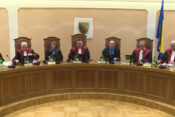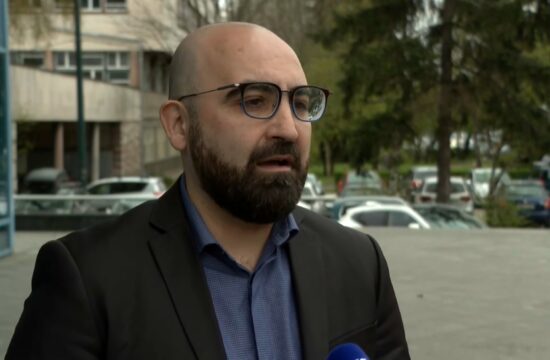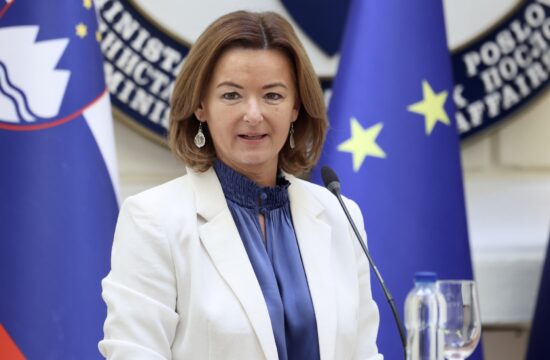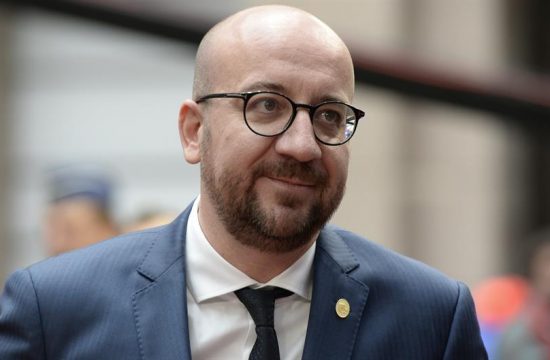
Bosnian Croat parties urged political representatives of the country's three ethnic majorities to find a compromise to overcome the emerging political crisis and expressed support for the demand by Bosnian Serb representatives to remove foreign judges from the Constitutional Court.
“It is time for Bosnia and Herzegovina to show political responsibility and democratic maturity and accept the Opinion of the European Commission on Bosnia’s request for membership in the EU, which emphasises that Bosnia must, as part of its path toward the EU, reform its Constitutional Court, particularly regarding foreign judges,” Bosnia’s Croat National Assembly (HNS), an organisation of Croat parties, said in a statement.
Political leadership in Bosnia’s Serb-majority region announced this week that its representatives in state institutions would block all decision-making processes until a law that would remove all foreign judges from the Constitutional Court is passed.
Bosnia is composed of two semi-autonomous entities – the Serb-majority Republika Srpska (RS), and the Federation (FBiH), shared mostly between Bosniaks and Croats. The regions have their own governments and parliaments but are linked into one state by joint institutions, distributed among representatives of all three groups.
The decision that could block state institutions, which will be officially discussed in the RS National Assembly next week, came after the Constitutional Court declared an RS land bill law unconstitutional.
The bill declared agricultural land located in the region the state property of Republika Srpska.
The country’s Constitutional Court, however, ruled at its last session that this law is unconstitutional and that Bosnia and Herzegovina, as the state, should be the owner of such land.
For years, the leader of the strongest Bosnian Serb party, Milorad Dodik, has kept accusing the Constitutional Court of working for the interests of the Bosniaks and against Republika Srpska.
The Court is composed of nine judges, two for each major ethnic group in the country and three foreigners. Dodik has been accusing the foreign judges of siding with the two Bosniak judges too often, at the expense of the two Serb and two Croat judges.
Earlier this week, Dodik met with his political ally, the President of the HNS and the leader of the strongest Bosnian Croat party in the country, Dragan Covic.
Bosniaks, Croats and Serbs in Bosnia must come to an agreement through consensus, the HNS said.
“Today, on the anniversary of the submission of the request for EU membership, more than ever, we must remain strongly committed to European values and further integration into the EU and NATO, but also to the removal of foreign judges,” it said.
It also repeated that Bosnia must change its election law in accordance with a Constitutional Court decision to ensure legitimate political representation at all levels of government.
“Any attempt at blocking is detrimental to the functionality, stability, security and sustainability of Bosnia and Herzegovina,” the HNS said, adding that it will continue “its responsible political behaviour” as a “leader and protector of openness and progress.”






